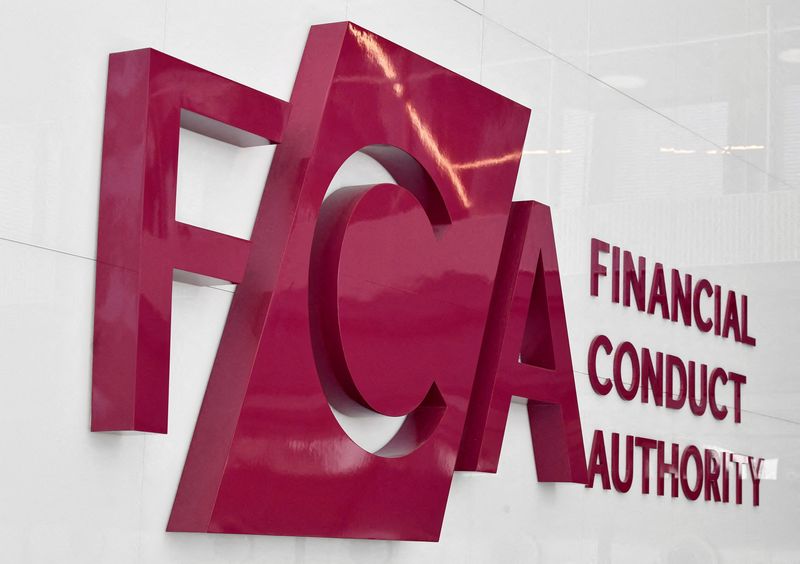By Huw Jones
LONDON (Reuters) - The financial sector should not bet on remaining deadlines changing for the phasing out of the use of Libor interest rates, Britain's Financial Conduct Authority (FCA) said on Wednesday.
Helen Boyd, head of markets policy at the FCA, said the market had "categorically proven" it can ditch the London Interbank Offered Rate or Libor, a widely used rate tarnished after banks tried to rig it.
The bulk of contracts such as mortgages, credit cards and business loans pegged to Libor, which was compiled across five currencies, were phased out by the end of 2021.
Phasing out Libor, one of the biggest market changes in decades, felt like an "anti-climax" given it went so smoothly, Boyd said.
Contracts are being transferred to interest rates compiled by central banks like the Federal Reserve, Bank of England and European Central Bank based on market transactions and seen as far harder to rig.
Outstanding dollar Libor contracts must be phased out by the end of June 2023, and since the end of 2021 the rate can no longer be used in new contracts.
"Don't expect the deadlines to change," Boyd told an event held by the derivatives industry body ISDA.
There were contracts worth about 30 trillion pounds ($37 trillion) linked to sterling Libor at the start of 2021, but this has been whittled down to just 1% of that figure, Boyd said.
The FCA has allowed the use of a "synthetic", temporary form of Libor for yen and sterling contracts to aid transition to central bank rates for so-called "hard legacy" contracts.
The FCA will hold a public consultation in coming weeks on winding down these synthetic rates, she said.
"We have been clear that synthetic rates will not be continued simply for the convenience of those who could take action, but don't," Boyd said.

No one should be relying on the creation of a synthetic dollar Libor rate after June 2023, she added.
($1 = 0.8172 pounds)